WHO prepares for fundamental Covid-induced reforms
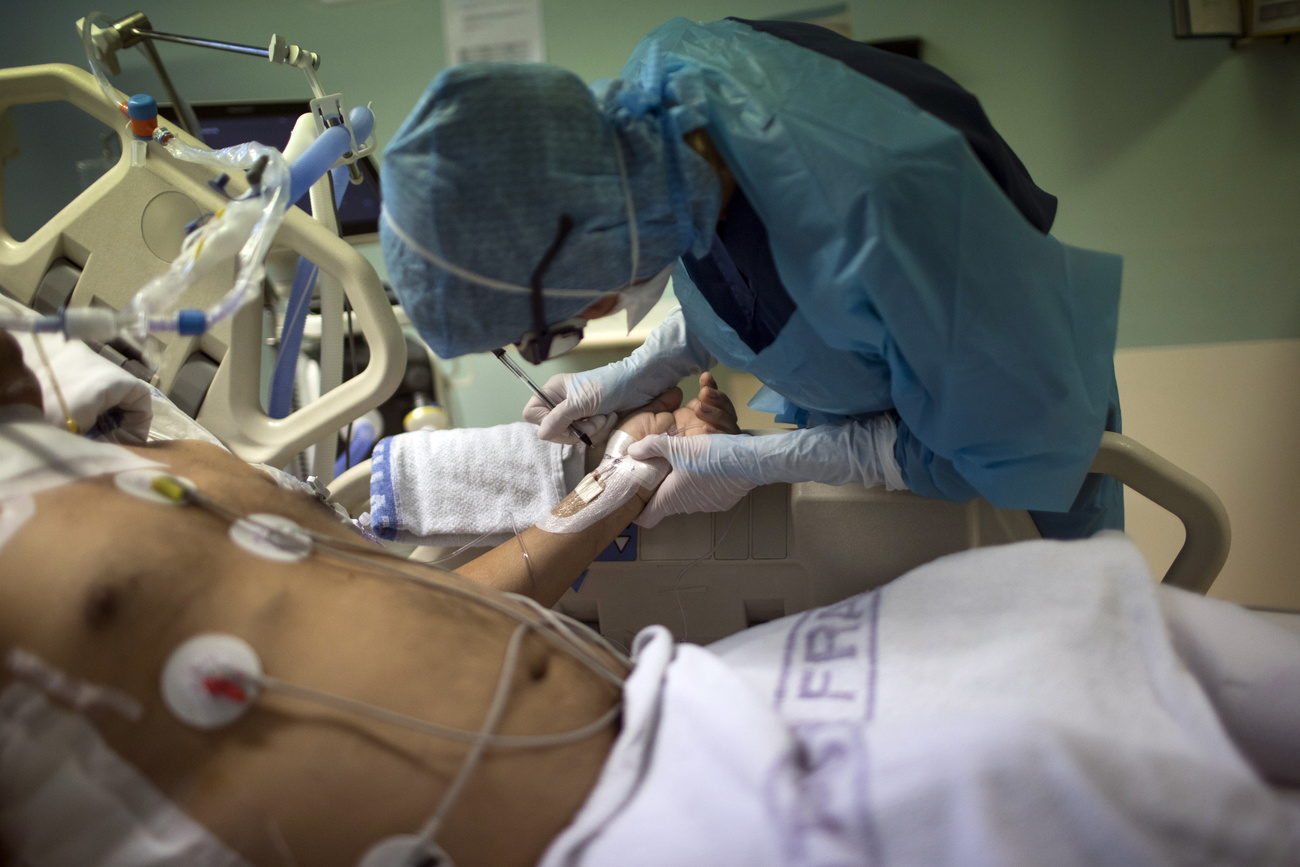
The Covid-19 pandemic has raised questions about the usefulness and importance of the World Health Organization (WHO). How to reform the organisation will be on the agenda of the World Health Assembly which meets for a week in Geneva on Monday.
The conclusion was crystal clear: the level of preparedness of WHO member countries to deal with pandemics and information sharing at all levels of the organisation needed to be improved, according to a report by an independent commissionExternal link in January.
“Public health measures could have been applied more forcefully by local and national health authorities in China in January [2020],” wrote the Independent Panel for Pandemic Preparedness and Response, created by the WHO.
Since the start of the pandemic, the WHO has drawn heavy criticism for its complacency towards China. The organisation struggled to send an independent site mission. The last mission to Wuhan, where the epidemic began, leaves some grey areas, notably on the origin of the virus.

More
Switzerland will not protest WHO Covid report on China
“A close reading of the chronology of the earliest events in the emergence of Covid-19 also suggests […] there were lost opportunities to apply basic public health measures at the earliest opportunity,” the report continued.
As a third wave of the coronavirus reaps through India and threatens Africa, the panel tried to answer the fundamental questions: Where did the organisation fail? Why was information not circulated more efficiently among WHO member states?
“The WHO lacks the means and authority to conduct inspection missions wherever it sees fit without prior authorisation,” says Antoine Flahault, director of the Institute of Global Health at the University of Geneva. “And I expect the World Health Assembly to give the WHO such powers.”
He sees this as a matter of “very great urgency”. The World Health Assembly takes place every May in Geneva. It defines WHO policy, monitors the organisation’s financial policy and examines and approves its draft programme budget.

More
On the trail of Covid-19: Will the probe in China be make or break for the WHO?
Importance of regional offices
One of the possible reform tracks will be to improve the exchange of information between the regional and local offices and the headquarters in Geneva.
The regional offices, which relay information between the field and the headquarters, are an essential cog in the wheel for the smooth functioning of WHO institutions. They allow information to be gathered from reliable sources. They also offer technical and material support to countries in their zones, especially developing nations. They are responsible for preparing countries for future pandemics, training staff on site and setting up the logistics for vaccinations. These offices – six in total – serve to implement the WHO’s policies and recommendations.
But in practice the pandemic showed critical failings concerning the sharing of information and the implementation of WHO recommendations.
However, experience has shown that this sharing of information between the offices and the headquarters can work.
During the pandemic, the western Mediterranean regional office was able to strengthen the capacity of laboratories and offer material assistance to low-income countries, according to the regional director, Ahmed Al-Mandhari.
The Western Pacific region, which covers an array of countries from China to Australia, succeeded in confronting the pandemic better than Europe and the United States – precisely because of better application of WHO guidelines.
Even though this region accounts for a quarter of the world’s population, it was less affected than the rest of the world. The statistics confirm that 1.6% of the population contracted Covid-19 and, of those, 1.2% died.
“These countries were prepared in advance to fight the pandemic because of long-term investments in the health sector,” explains Takeshi Kasai, WHO’s regional director for the Western Pacific.
He says his region broadly succeeded in confronting Covid-19 by mining its previous experience in combating SARS in 2003.
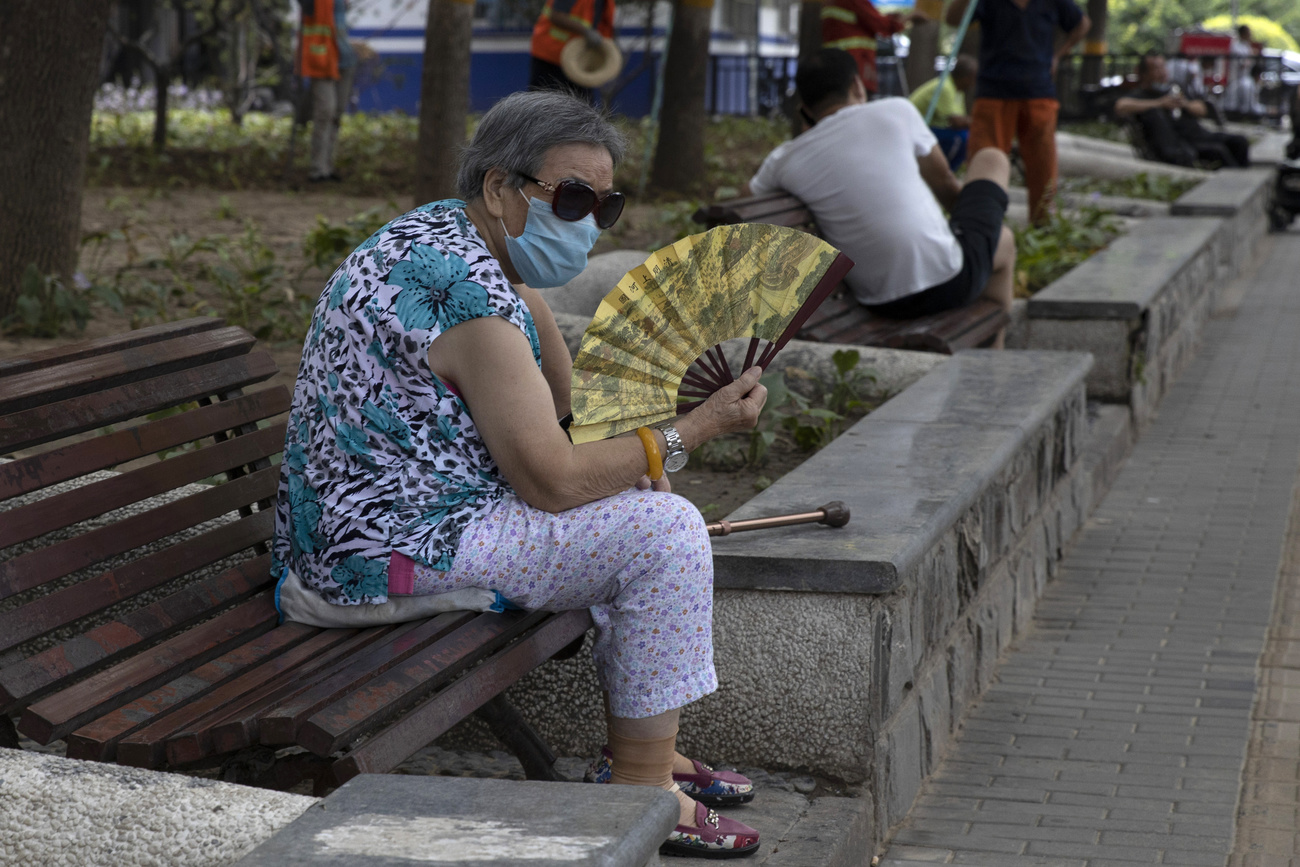
More
New WHO scheme could speed response to global health crises
Switzerland is ‘too dependent’
This was not the case for many countries, including Switzerland. When the pandemic was declared, Switzerland lacked everything: masks, sanitary supplies and basic products for the manufacture of hydro-alcoholic solutions. It had neither the capacity to produce masks nor a testing system ready for deployment.
A report issued in December 2020External link by the Federal Chancellery evaluated the first phase of crisis management in the Covid-19 pandemic from February to August 2020. It points out shortcomings such as poor management of data and information. In addition, the inventory provisions for essential material were not stringent enough and the Federal Office of Public Health and the government were slow to act.
“Switzerland had noticeably reduced its expenditure on strategic reserves, which means it has become too dependent on foreign countries when it comes to fighting the coronavirus,” says André Duvillard, delegate for the Swiss Security Network.
Yet when swine flu appeared in 2009, the WHO advised all member states to step up their pandemic preparedness as a matter of urgency and to conduct exercises to test their capacity to address this type of pandemic.
Which reforms?
Numerous evaluations and investigations of the methods adopted by the regional offices and member countries to combat the pandemic are already underway to identify what went wrong. A report on this subject is to be presented to the World Health Assembly.

More
Seeking common ground to battle future pandemics
The Swiss government, for its part, has declared that it is “already involved and committed to the ongoing reforms at the level of the WHO”. It “approves the proposal to conduct an in-depth and constructive study into the WHO’s crisis management”.
“We must have better forecasting and more precise information,” says Michael Ryan, the executive director of the WHO’s Health Emergencies Programme. “The main challenge is to make them accessible, organise them correctly, analyse them, find appropriate tools or platforms for this and make them accessible in real time to frontline workers as well as to epidemiologists around the world.”
One step has already been taken in this direction with the announcement in January of a new global centre based in Berlin to gather information on pandemics.
Insufficient financing
Another area for reforms is investment and access to financing. “It is impossible to tackle infectious diseases without being prepared,” says Takeshi Kasai. “Investments in the health system in peace time are a top priority.”
Regardless of how the individual regional offices responded, they are desperately short of funds to develop health and safety programmes.
In certain cases this shortage threatens existing health programmes, as is shown by the billions of dollars needed to guarantee the continuity of the COVAX programmeExternal link and accelerate the equitable distribution of vaccines across all countries.
According to figures distributed by Ahmed Al-Mandhari, the WHO has managed to raise only 24% of the required financing and has secured promises for another 17%. In other words, about 58% of the total funding is still missing.
The WHO has welcomed these reform initiatives. “One of the lessons of Covid-19 is that the world needs a significant leap forward in data analysis to help leaders make informed public health decisions,” said WHO director-general Tedros Adhanom Ghebreyesus on May 5.
(Edited by Virginie Mangin)

More
Coronavirus: the situation in Switzerland

In compliance with the JTI standards
More: SWI swissinfo.ch certified by the Journalism Trust Initiative
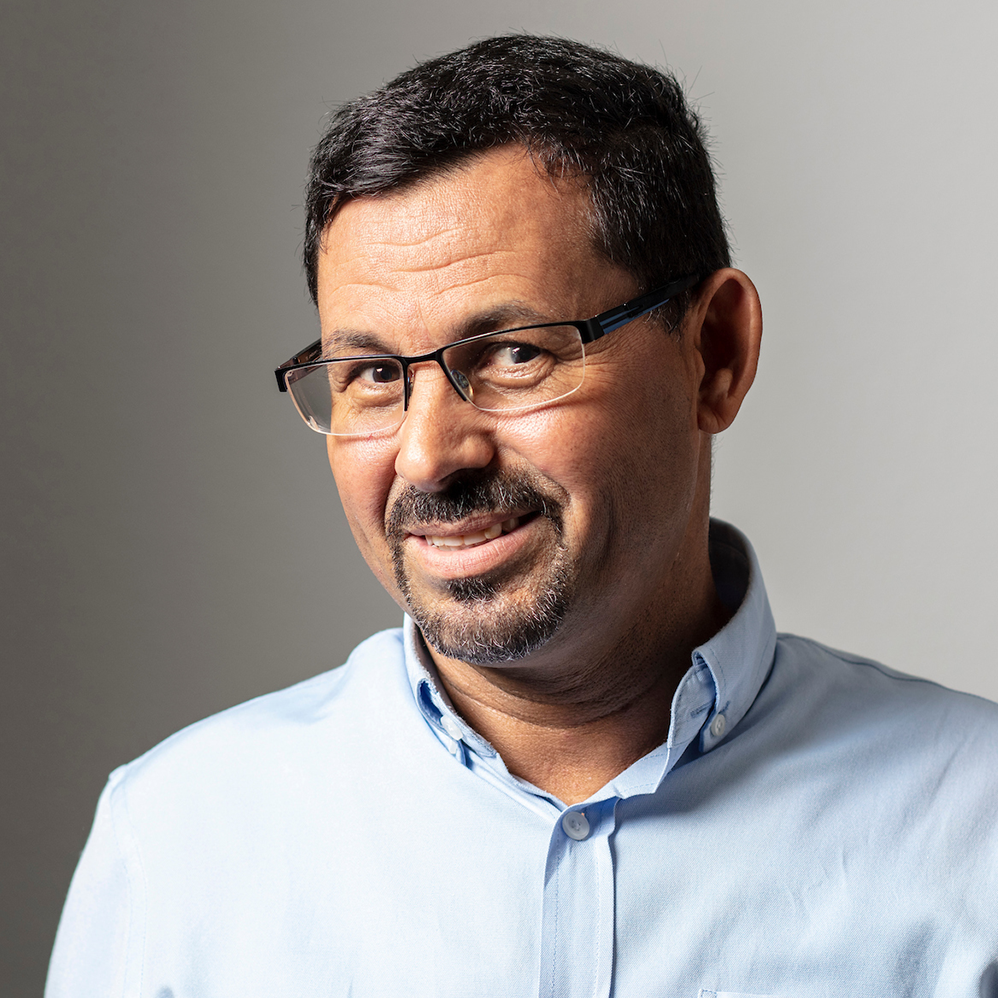










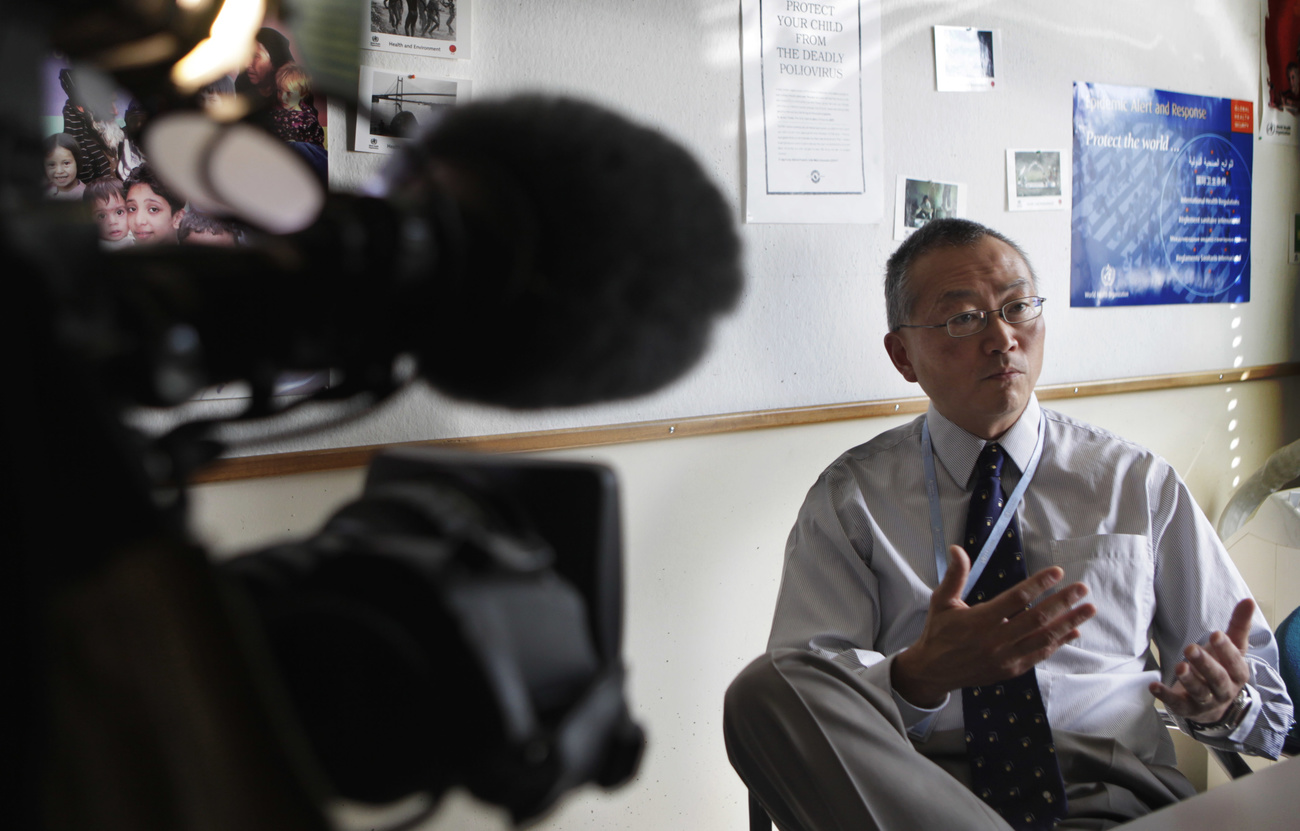
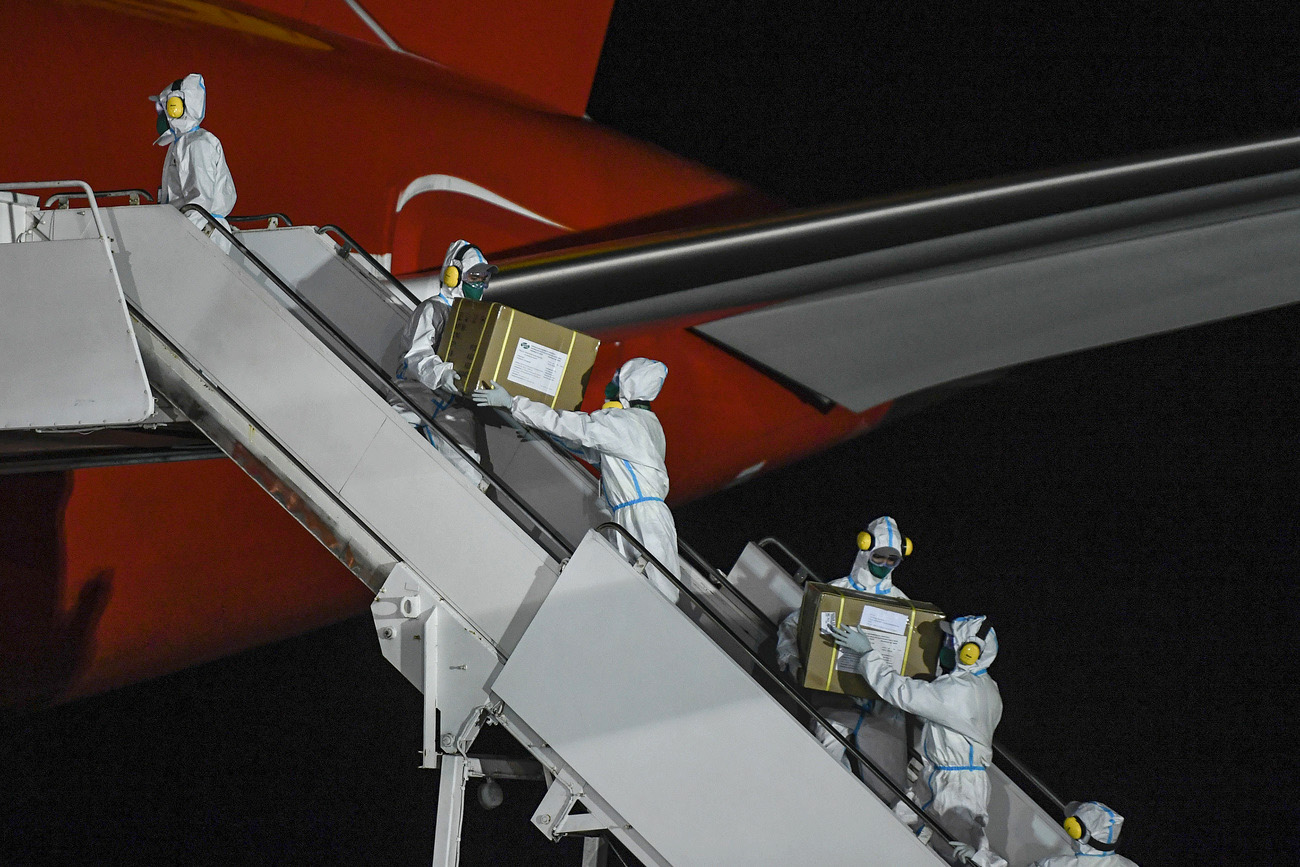

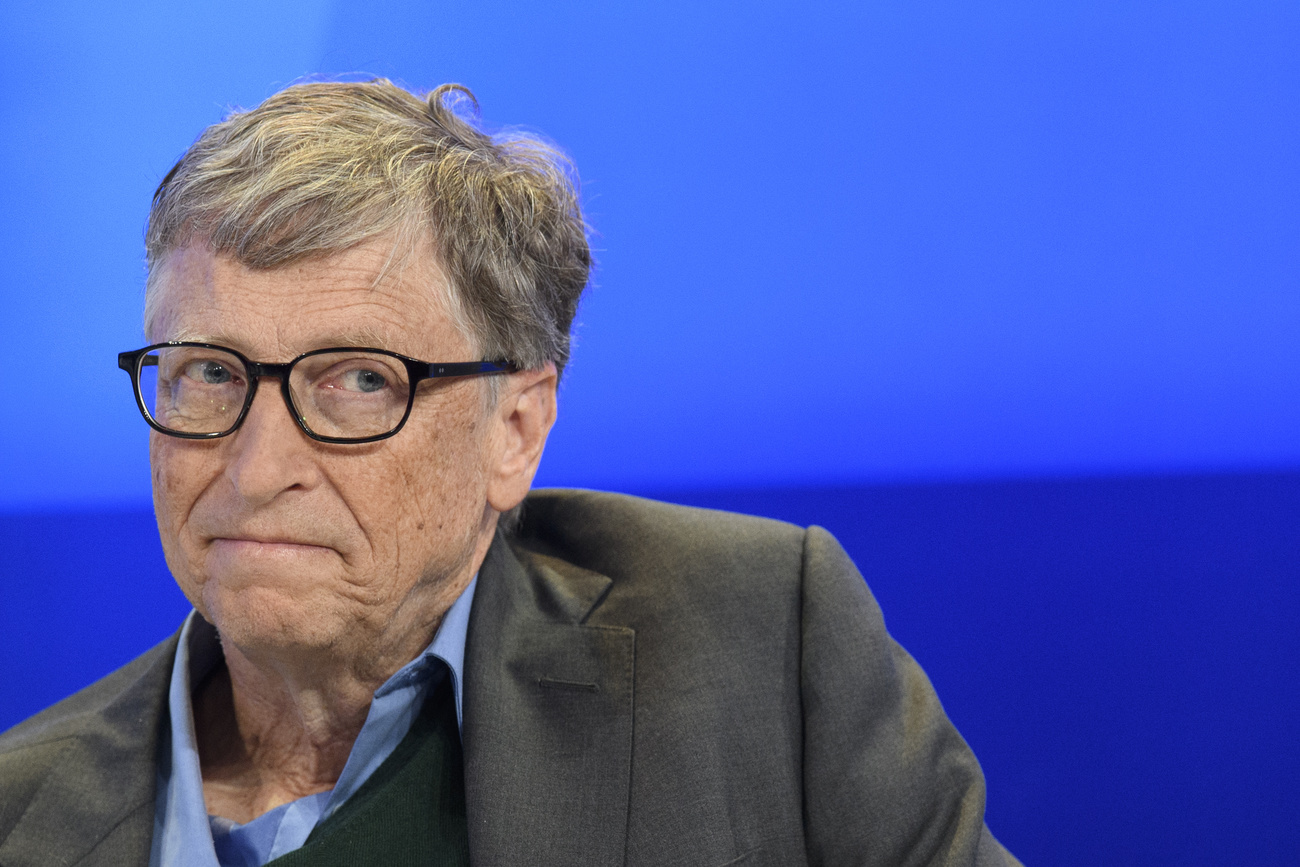
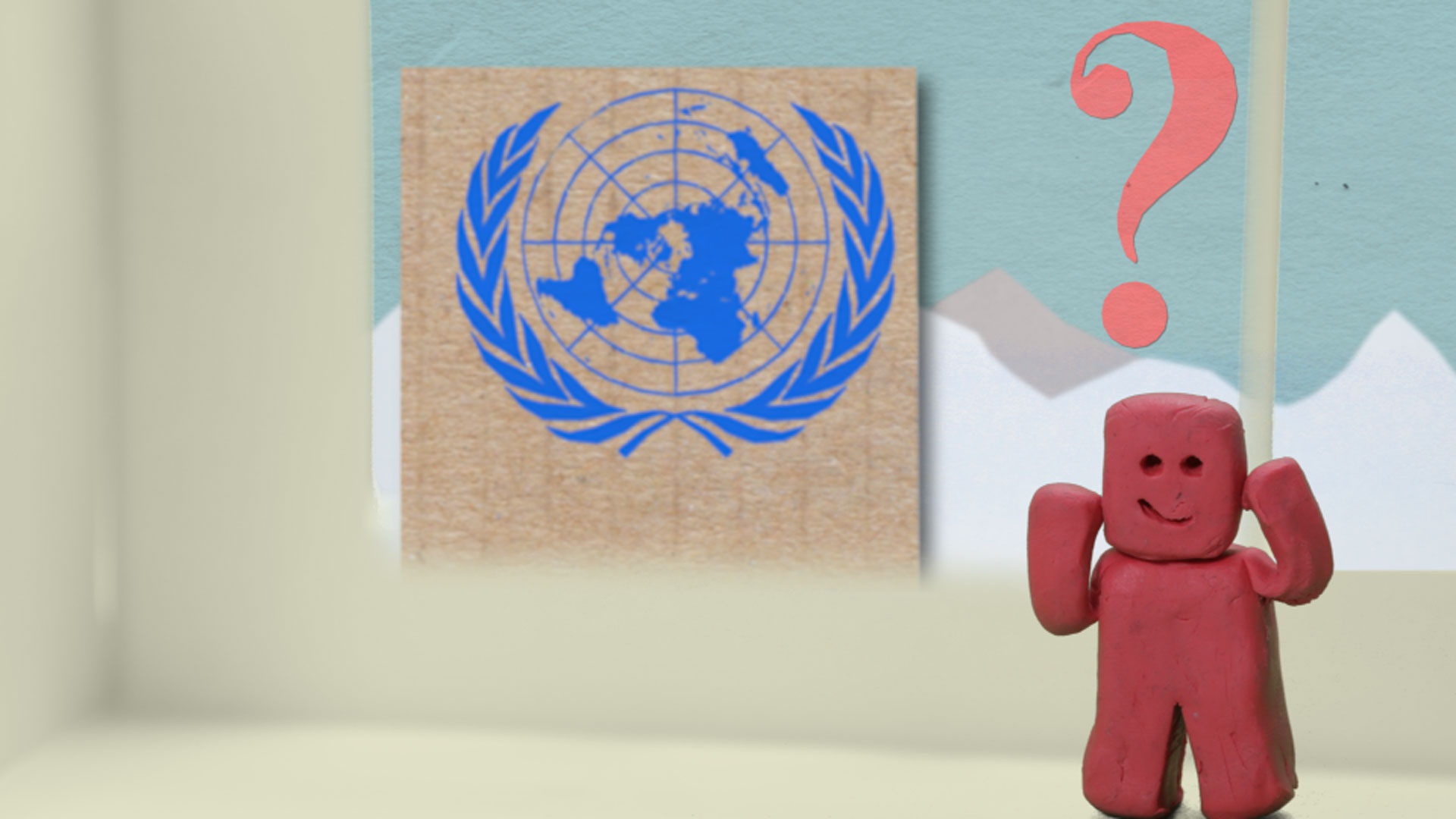
Join the conversation!